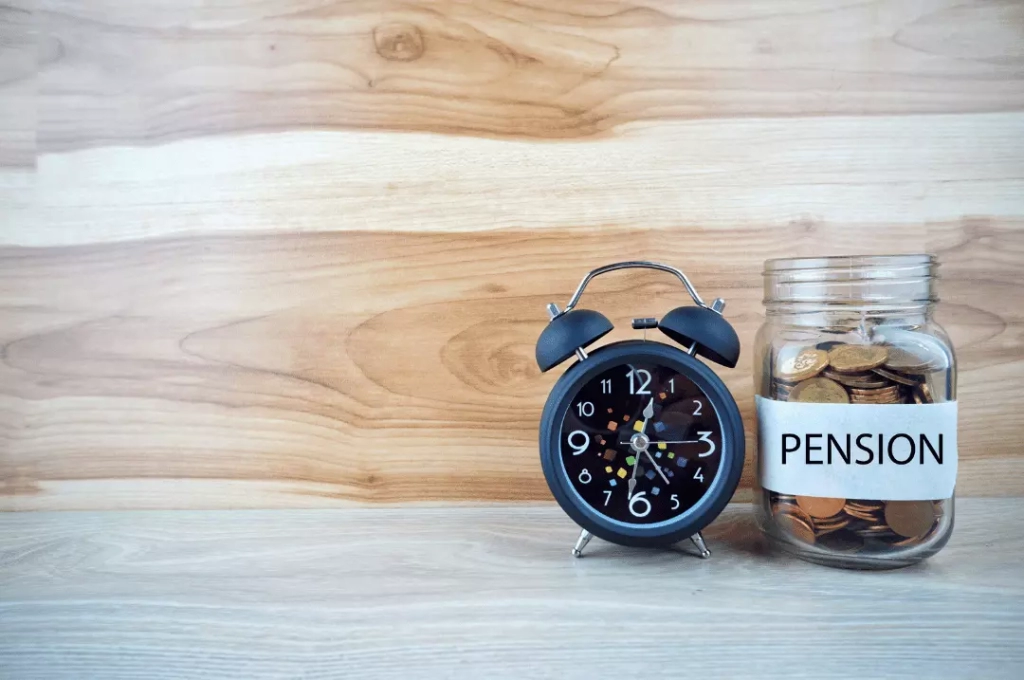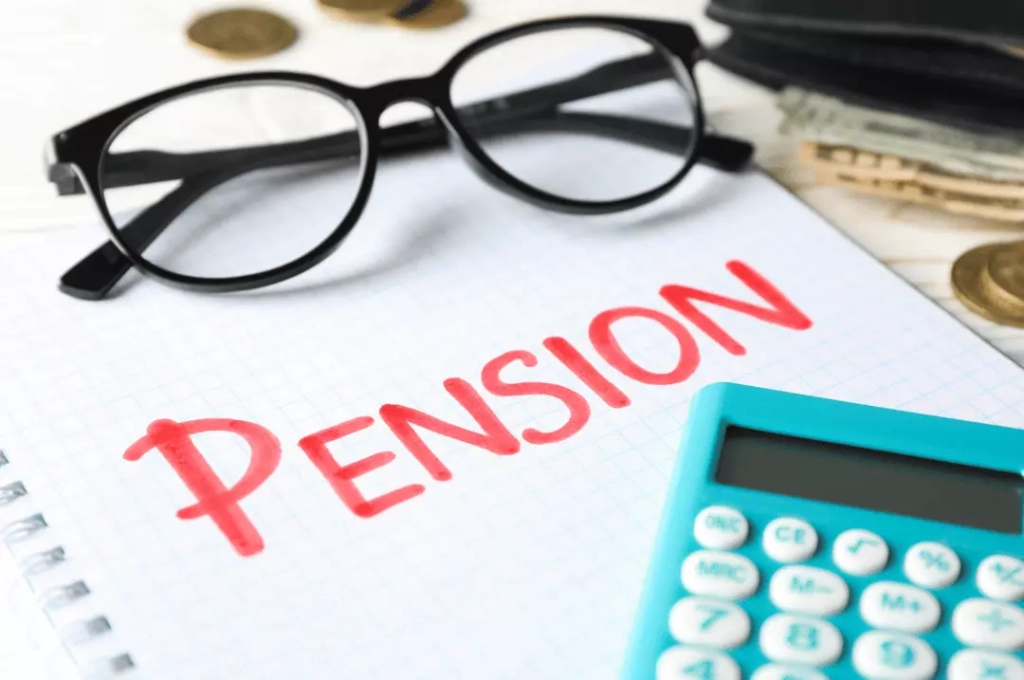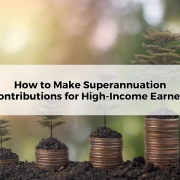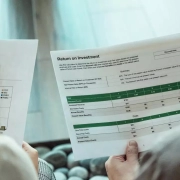How much money can you have and still get a pension?
Table of Contents
ToggleDo you want to retire in Australia and enjoy a comfortable life? Have you planned for your retirement income, but not sure if you should be concerned about not having enough money saved or invested? With the cost of living rising each year and the uncertainty around superannuation rates, it’s essential to have a good understanding of how much money is needed to access standard pension benefits in Australia.
In this blog post, we will discuss exactly how much money you can have set aside and still get some form of government pension when planning for retirement. We will look at different types of pensions available, as well as tips on ensuring that what you are setting yourself up for is secure and sufficient for your needs now and into your later years.
Overview of the Australian pension system
Diving into the complex world of the Australian Pension System can be both fascinating and empowering, as it plays a vital role in providing financial stability and support for retirees. At the heart of this system lies the Age Pension, a social security benefit designed to deliver an income stream for eligible senior citizens who have reached the age pension age. Funded by Australian taxpayers through general revenue, it supplements personal savings and assets, and prevents recipients from spiralling into poverty.
What’s more, Australia boasts a world-renowned superannuation system that, through mandatory employer contributions, further bolsters an individual’s nest egg for a more comfortable retirement.
Undoubtedly, becoming well-versed in the nuances of the Australian Pension System is crucial for securing one’s financial future and peace of mind, as well as contributing positively to the nation’s prosperity.
How much money can you have and still get a pension?
Navigating the complexities of the pension system can be a challenging endeavour, but understanding the financial thresholds that affect your eligibility for this essential source of income in retirement is crucial.
The amount of money that you can possess while still remaining eligible for a pension is primarily determined by two factors: the assets test and the income test. Taking into account your residential status, age, relationships and various exemptions, these tests analyse your financial resources to establish your pension payment rates. Whether you own a home or not, your total assets and income streams -such as investments, rental income, or shares- can have a significant impact on the amount you receive in pension payments.
By staying well-informed about the pension system, you can optimise your retirement planning to maintain a comfortable and secure lifestyle.

How does the Age Pension assets test work?
Centrelink will look at how much money you or your partner have to decide if you can get the Age Pension. This is important to know so that you can make smart decisions with your money.
According to research conducted by the ANU Centre for Social Research and Methods, 73% of households with an Age Pensioner are homeowners. Of this number, 17.6% own homes valued at more than $1 million. When it comes to the assets test assessment, any debts owing on assets other than your home will be subtracted from their market value. For example, if you have an investment property valued at $600,000 with a loan of $200,000 still owing to the bank, it will be assessed as an asset worth $400,000.
If you want a full or partial Age Pension, there are some rules about how much money and assets you can have. This depends on if you own your own home and if you live with someone who is eligible for the pension. People who don’t own their own home can have more money because they pay more for housing costs.
You can get a full Age Pension if you have assets worth less than the amount listed below.
Age Pension asset limits
Assets limits for a full Age Pension
| Situation | Current limit | Previous limit | Increase | |
|---|---|---|---|---|
| Single | Homeowner | $301,750 | $280,000 | $21,750 |
| Single | Non-homeowner | $543,750 | $504,500 | $39,250 |
| Couple (combined) | Homeowner | $451,500 | $419,000 | $32,500 |
| Couple (combined) | Non-homeowner | $693,500 | $643,500 | $50,000 |
Source: Services Australia, July 2023
- Current limits apply from 1 July 2023
- Previous limits apply 1 July 2022 to 30 June 2023
Note: To be eligible for the full Age Pension, you must also pass the income test and meet the age and residency requirements. The asset-free thresholds remain the same regardless of whether couples are living together or separated due to illness.
If the value of your assets is higher than the thresholds shown in the above table, you may still be eligible for a part Age Pension. The maximum amount of assets that you can hold to still receive any part-pension payment is shown in the table below. The Age Pension entitlement will reduce by $3 per fortnight for every additional $1,000 of assets that you own above the limits shown. This entitlement will cease when your asset value exceeds the figures given in the table.
Assets limits for a part Age Pension (residents)
| Situation | Latest limit | Previous limit | Increase | |
|---|---|---|---|---|
| Single | Homeowner | $667,500 | $656,500 | $11,000 |
| Single | Non-homeowner | $909, 500 | $898,500 | $11,000 |
| Couple (combined) | Homeowner | $1,003,000 | $986,500 | $16,500 |
| Couple (combined) | Non-homeowner | $1,245,000 | $1,228,500 | $16,500 |
| Couple (illness-separated, combined) | Homeowner | $1,183,000 | $1,161,000 | $22,000 |
| Couple (illness-separated, combined) | Non-homeowner | $1,425,000 | $1,403,000 | $22,000 |
Source: Services Australia, 2023
- Latest limits apply from 20 September 2023
Source: Services Australia

What kinds of assets do not count towards your pension eligibility?
When determining pension eligibility, it is crucial to be aware of the various assets that do not count toward your overall financial assessment. These exclusions can provide substantial benefits to those seeking pension support, as they allow for financial flexibility and peace of mind.
Some examples of non-assessable assets are the following:
- Your main residence
- Certain income streams that are deemed as non-accessible.
- Belongings that hold sentimental value such as personal collections or heirlooms.
- Assets such as funeral bonds, life insurance policies, and compensation payments, depending on the specific circumstances.
Understanding these key exclusions can empower individuals to strategically navigate the pension application process, and ensure they optimise their financial support in their retirement years.
Impact of superannuation on your pension entitlement
Understanding the impact of superannuation on your pension entitlement is crucial for any individual planning their retirement.
Superannuation is a vital component of the country’s pension system, allowing Australians to accumulate funds throughout their working lives in preparation for a well-deserved and secure retirement. However, it’s important to be aware that your superannuation balance can directly affect your eligibility for the Australian Government Age Pension. This means that while your superannuation savings might provide you with financial peace of mind, they could also reduce, or even disqualify you from receiving a full or part Age Pension.
By staying informed about the relationship between superannuation and pension entitlements, and considering factors such as the assets and income tests, you can devise a strategic retirement plan that maximises your financial stability, well-being and the potential government support available to you during your golden years.
Does money in the bank affect pensions?
A common concern among retirees is whether having money in the bank will affect their pension eligibility and payment amounts. The answer lies in the income and assets tests applied by the country’s social security system, Centrelink. These rigorous examinations take into account an individual’s financial resources, including bank account balances, to determine the appropriate pension rate. For instance, as the amount of money in the bank increases, it might push a retiree’s assets over the threshold specified by Centrelink, leading to a reduced pension or even complete disqualification.
Notwithstanding the complexity surrounding the pension eligibility criteria, it is crucial for Australian retirees to be well-informed about how their financial decisions and savings can impact the pension they receive, subsequently shaping their quality of life in their golden years.
Does an inheritance affect your pension?
Receiving an inheritance can indeed have a significant impact on your pension entitlements, making this a crucial financial consideration for retirees. Factors such as the amount of inheritance, how you utilise the funds, and the prevailing Age Pension rules influence the effects of an inheritance on your pension.
An inheritance might alter your asset base, which in turn could affect your Age Pension payments. For instance, if your newly acquired assets exceed the asset test cut-off threshold, you might experience a reduction in your pension or lose it entirely.
It is critical to seek professional financial advice to navigate the complexities surrounding inheritances and pension, to ensure that you make well-informed decisions for your financial future.
Do pensioners need to lodge a tax return?
The process of lodging a tax return can often appear confusing and daunting, especially for pensioners who may be unsure of their tax obligations. Contrary to popular belief, pensioners are not always exempt from submitting a tax return. The need to lodge a tax return depends upon various factors, including the type and amount of income received by the pensioner, as well as if an individual has already met certain tax-free thresholds.
It is essential for pensioners to be aware of their financial obligations and the procedures outlined by the Australian Taxation Office (ATO), as it not only ensures that they remain tax compliant, but also enables them to avoid potential penalties and maximise their financial benefits.
For a clearer understanding of their obligations, pensioners are encouraged to research, consult financial professionals, or seek guidance directly from the ATO. In doing so, they can navigate the intricacies of the Australian tax system particularly tax returns for pensioners with precision and ease.
How to maximise your retirement savings and keep eligible for a pension?
Maximising your retirement savings without losing eligibility for a pension is a prudent approach to ensure a comfortable post-retirement life. A mix of professional guidance, strategic financial planning, and informed decisions can help you reach your goal.
Begin by liaising with a financial advisor, who can offer tailored guidance on how to optimise your assets and income sources while adhering to eligibility requirements for the Age Pension. Ensuring you have a diverse investment portfolio is crucial, to spread risks and explore avenues for tax concessions, such as by investing in superannuation funds. Moreover, managing both concessional contributions and non-concessional contributions effectively can help to reduce tax liabilities and maximise savings.
Regularly reviewing your financial strategy and being attuned to changing economic landscapes and legislative reforms ensures your retirement plan remains not only possible but highly beneficial.

How can I avoid losing my pension?
Securing your pension demands careful thought and planning to avoid financial pitfalls. To achieve this goal, consider:
- Consolidating your superannuation accounts into one high-performing fund, saving you from paying multiple fees on separate accounts.
- Updating your contact details and keep track of your funds through the Australian Taxation Office’s (ATO) online portal.
Through constant communication with your fund, discussing investment options, and seeking expert advice, you can take an active role in managing your pension. Moreover, using services such as the ATO’s lost and unclaimed super search tool can help you retrieve pensions that may have been lost in the past.
Understanding the importance of these prudent strategies will greatly assist you in safeguarding your pension and maintaining financial peace of mind throughout your retirement in Australia.
Tips to consider when planning for retirement
Planning for retirement can be an exciting and rewarding process, but it is essential to understand the keys to a successful retirement to achieve a comfortable and secure future.
- Start early. This allows for substantial accumulation of superannuation funds over time, helping to fortify financial stability.
- Diversify investments. This means spreading risk across various assets such as shares, bonds, and property, in order to build a robust portfolio.
- Continuously reviewing and adjusting the plan, based on changes in personal circumstances, legislation or the economic environment, is vital in keeping the retirement strategy on track.
- Seeking professional advice from a qualified financial planner is highly recommended, as they can provide valuable guidance on optimising super contributions, tax planning, and exploring strategies to minimise the financial impact of any changes in government regulations.
Overall, a proactive and informed approach can make all the difference in ensuring a comfortable retirement in Australia.
The Australian pension system is a great way to supplement your retirement income and offers financial peace of mind during your golden years. Whether you are just beginning retirement planning or looking for ways to maximise your pension funds, understanding the eligibility requirements, research-based strategies and tax implications for pensions in Australia can help you make the most of these benefits.
When it comes to retirement planning, taking advantage of available resources is an important step towards ensuring that you maximise your pension funds and remain eligible for payments. If you have any questions about the Australian Pension System or need help approaching your bonus years with confidence, contact us for personalised retirement planning services today.









